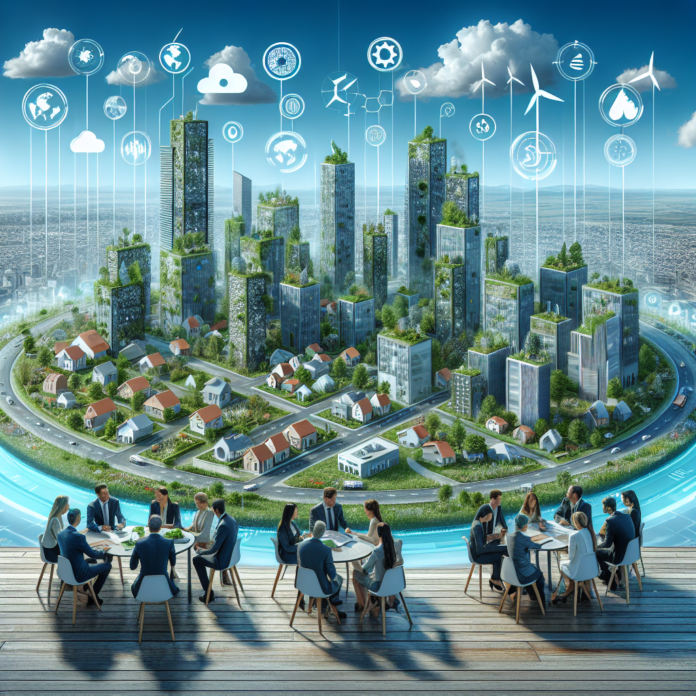Trends 2025 in Real Estate
Climate Risks Buyer Behavior Client Conversations
“`html
Trends 2025: Climate Risks, Buyer Behavior, and Client Conversations
As we look towards 2025, the real estate landscape is set to undergo significant transformations influenced by climate risks, evolving buyer behavior, and the nature of client conversations. Understanding these trends is essential for real estate professionals seeking to navigate the future effectively.
Climate Risks and Their Impact on Real Estate
One of the most pressing issues facing the real estate market is the increasing impact of climate change. Extreme weather events, rising sea levels, and changing climate patterns are reshaping the desirability of certain locations. Properties in areas prone to flooding, wildfires, or extreme temperatures are becoming harder to sell, and insurance costs are climbing.
In response, developers and investors are prioritizing sustainability in their projects. Green building certifications, energy-efficient designs, and resilient infrastructure are becoming standard. By 2025, it is expected that properties with sustainable features will not only attract buyers but also command higher prices, as more consumers prioritize environmental responsibility.
Shifts in Buyer Behavior
Today’s buyers are more informed and aware of the implications of climate change. This awareness is influencing their purchasing decisions. Millennials and Gen Z, who are expected to dominate the market by 2025, are more likely to seek homes that offer eco-friendly amenities and technologies. Features such as solar panels, smart home systems, and energy-efficient appliances are becoming essential selling points.
Moreover, the pandemic has shifted priorities for many buyers, leading to an increased demand for homes in suburban and rural areas. The desire for more space, access to nature, and a better quality of life are driving this trend. As remote work becomes more normalized, buyers are re-evaluating what they want in a home and where they want to live.
The Evolution of Client Conversations
As the market evolves, so too must the conversations real estate professionals have with their clients. Transparency regarding climate risks and sustainability practices is becoming paramount. Buyers are not only interested in the property itself but also in what measures are being taken to mitigate future risks.
Real estate agents must be equipped to discuss the long-term value of sustainable investments and the potential impacts of climate change on property values. This requires ongoing education and a proactive approach to client interactions. Building trust through honest discussions about risks and benefits will be crucial in establishing lasting relationships.
Looking Ahead: The Role of Technology
Technology will play an increasingly vital role in the real estate market by 2025. Innovations such as artificial intelligence (AI) and big data analytics will enable professionals to assess market trends, predict buyer behavior, and evaluate property risks more accurately. Virtual reality (VR) and augmented reality (AR) will enhance property tours, allowing buyers to experience spaces remotely and make informed decisions without physical visits.
Furthermore, blockchain technology is poised to revolutionize transactions, improving transparency and security in property deals. This shift could streamline processes, reduce costs, and increase buyer confidence in the transaction process.
Conclusion
As we approach 2025, real estate professionals must adapt to the changing landscape shaped by climate risks, evolving buyer preferences, and the necessity for open client dialogues. By embracing sustainability, leveraging technology, and prioritizing client education, the industry can position itself for success in a rapidly changing environment.
“`


